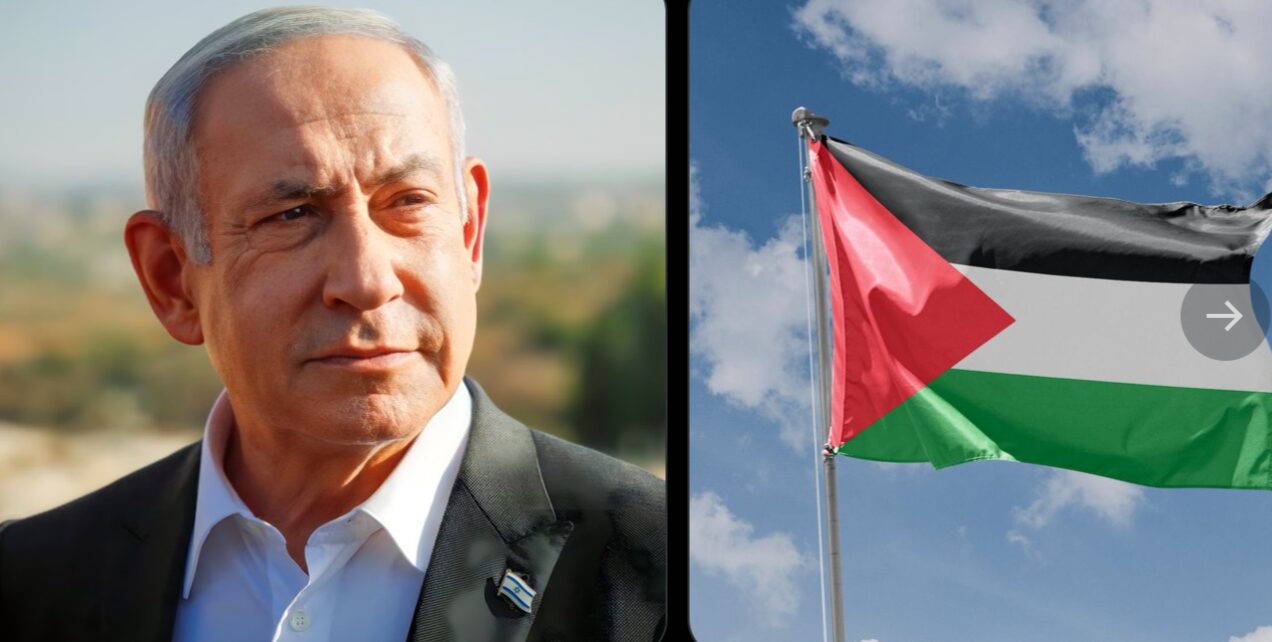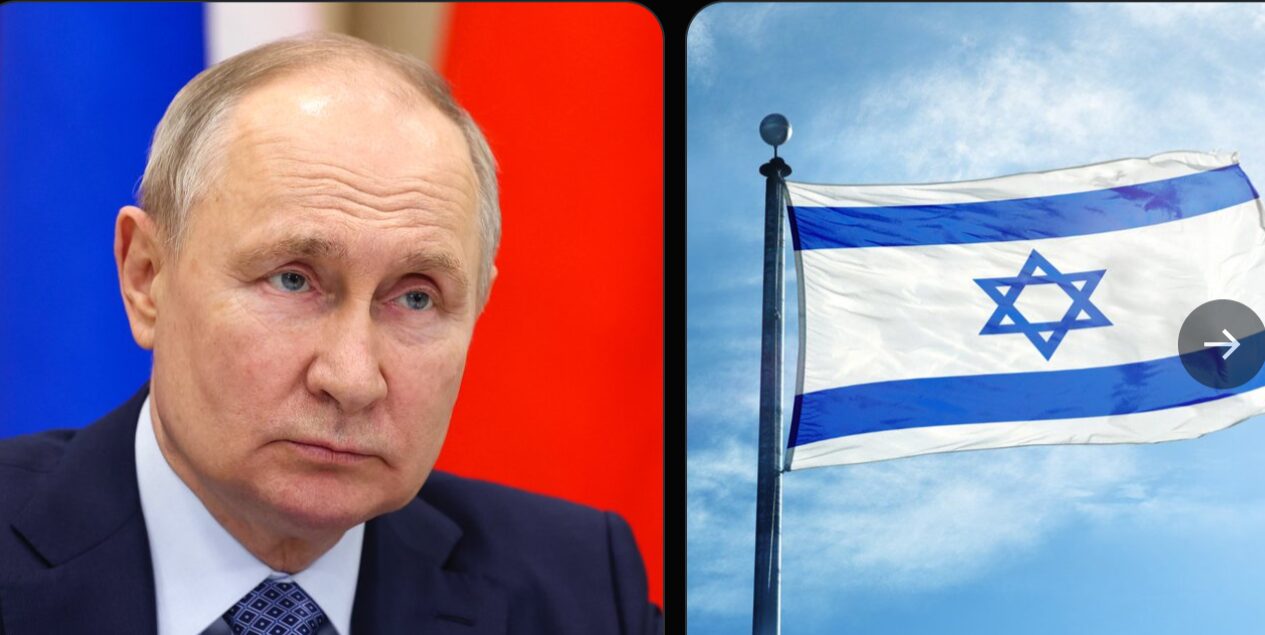NETANYAHU is personally traveling to Cairo for GAZA CEASEFIRE negotiations
In a dramatic move signaling the high-stakes nature of the ongoing Israel-Hamas conflict, Israeli Prime Minister Benjamin Netanyahu has personally traveled to Cairo to participate in ceasefire negotiations regarding the situation in Gaza. The decision to engage directly in these critical talks highlights the urgency of securing a halt to the violence and addressing the humanitarian crisis that has intensified in the region. The diplomatic shift comes amid continued international pressure for a resolution to the conflict and growing concerns over the toll it has taken on both sides.
In this post, we’ll examine the key factors that led to Netanyahu’s involvement in the Cairo talks, what the ceasefire negotiations could mean for the future of Gaza and Israel, and the broader geopolitical implications of these discussions.
The Escalating Israel-Hamas Conflict
The ongoing conflict between Israel and Hamas has escalated dramatically in recent months, with both sides suffering significant casualties. Israel has been conducting airstrikes on Gaza in response to Hamas rocket attacks on Israeli cities, while Hamas has continued to fire rockets into Israeli territory. The toll on civilians in both Gaza and Israel has been devastating, with thousands of casualties, widespread destruction, and a growing humanitarian crisis.
The violence has not only exacerbated the existing tensions between Israel and Palestinians but also drawn in neighboring countries and global powers. The international community, including the United Nations, the European Union, and regional powers such as Egypt, have called for an immediate ceasefire to end the fighting and begin humanitarian aid efforts.
Despite these appeals, both Israel and Hamas have been reluctant to back down without achieving their respective objectives. Israel has emphasized its commitment to eliminating Hamas’s military infrastructure, while Hamas has called for an end to the blockade on Gaza and other political demands.
Why Netanyahu Is Heading to Cairo
Netanyahu’s decision to personally travel to Cairo signals Israel’s recognition of the critical need for a ceasefire, and his participation in the talks underscores the importance of Egypt’s role in facilitating dialogue between Israel and Hamas. Egypt has long been a key mediator in Middle Eastern peace efforts, especially when it comes to Israel and Gaza, and has often served as an intermediary between the two parties.
There are several key reasons why Netanyahu’s direct involvement in the ceasefire negotiations is significant:
- Egypt’s Strategic Role: Egypt shares a border with Gaza and has historically played a central role in facilitating discussions between Israel and Hamas. Cairo has a unique position of influence in the region, balancing its relations with both Israel and the broader Arab world. Egypt has also been a vocal proponent of a ceasefire, offering to mediate discussions aimed at halting the violence.
- Pressure from International Actors: The mounting pressure from international powers, including the United States, the United Nations, and the European Union, for Israel to agree to a ceasefire is likely a significant factor in Netanyahu’s decision to engage directly. The human toll of the conflict, combined with the growing number of displaced persons and the worsening humanitarian crisis in Gaza, has created a sense of urgency. Netanyahu’s trip to Cairo could be seen as a response to this external pressure to find a peaceful resolution.
- Maintaining Israel’s Security Interests: While Netanyahu is likely under pressure to negotiate a ceasefire, Israel has also emphasized that any agreement must ensure the security of its citizens. The Israeli government has made it clear that it will not enter into talks unless Hamas’s ability to launch attacks is effectively neutralized. Netanyahu’s involvement in the negotiations will likely focus on ensuring that any ceasefire agreement includes security guarantees for Israel.
The Role of the Ceasefire in Gaza’s Future
The proposed ceasefire negotiations have the potential to reshape the future of Gaza, depending on the terms agreed upon by both sides. While the immediate goal of the talks is to stop the fighting, the long-term implications could have far-reaching consequences for the region.
Key areas that are likely to be discussed during the ceasefire negotiations include:
- Humanitarian Aid: The humanitarian situation in Gaza has reached catastrophic levels. A ceasefire would allow for the delivery of critical aid to those in need, including food, medical supplies, and basic necessities. This would help alleviate the suffering of civilians, who have borne the brunt of the violence.
- Ceasefire Conditions: Both Israel and Hamas will likely seek conditions that reflect their respective security and political priorities. Israel is likely to insist on strict monitoring to ensure that Hamas does not use the ceasefire to rearm or regroup, while Hamas may seek concessions such as an easing of the blockade on Gaza, the release of prisoners, and a lifting of restrictions on movement.
- Reconstruction of Gaza: The devastation in Gaza, including the destruction of homes, infrastructure, and hospitals, will require extensive rebuilding efforts. The ceasefire talks could involve discussions on international support for Gaza’s reconstruction and efforts to rebuild the economy, although the political and financial challenges to such initiatives remain significant.
- Future Peace Talks: A successful ceasefire agreement could open the door to more formal peace negotiations between Israel and the Palestinian factions, including Hamas and the Palestinian Authority. However, the broader political issues, including the status of Jerusalem, the future of settlements, and the creation of a Palestinian state, would likely remain contentious and difficult to resolve in the short term.
Implications for Israel, Palestine, and the Region
The outcome of the ceasefire negotiations will have wide-ranging implications not only for Gaza and Israel but for the entire Middle East. The ongoing conflict has created ripple effects in neighboring countries, particularly in Jordan, Lebanon, and Egypt, which have been dealing with the influx of refugees and the geopolitical fallout from the violence.
- Impact on Palestinian Politics: A ceasefire could shift the dynamics within Palestinian politics, particularly between Hamas and the Palestinian Authority. The success or failure of the ceasefire talks may affect Hamas’s legitimacy among Palestinians, as well as its relationship with other political factions. A deal could enhance Hamas’s standing, while a failure to reach an agreement might lead to more internal criticism.
- Regional Stability: The Gaza conflict has broader regional implications, with countries like Iran, Turkey, and Qatar offering support to Hamas, while Israel has close ties to Egypt and other Gulf states. A ceasefire could lead to improved regional stability, but any perceived injustice in the negotiations could fuel tensions and unrest in the Arab world.
- International Relations: The ceasefire talks are likely to draw attention from global powers, including the United States, Russia, and the European Union, each of which has its own interests in the outcome of the negotiations. A successful ceasefire could improve Israel’s relations with some of these nations, while failure could further isolate Israel on the global stage.
In Conclusion
Prime Minister Netanyahu’s decision to personally travel to Cairo for ceasefire negotiations is a clear indication of the gravity of the situation in Gaza and the pressing need to end the ongoing violence. While the ceasefire talks represent a step toward de-escalation, the road to lasting peace will be fraught with challenges, as both Israel and Hamas will need to make significant compromises to address the underlying issues.
As international and regional actors continue to push for a resolution, the future of Gaza, Israel, and the broader Middle East remains uncertain. However, the fact that Netanyahu is directly involved in these negotiations signals a willingness to engage diplomatically and find a pathway toward peace, even as the complexities of the conflict continue to unfold.

















Post Comment